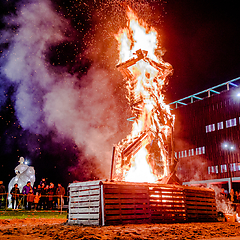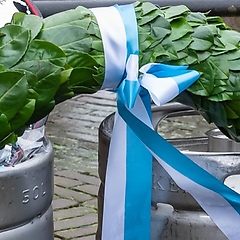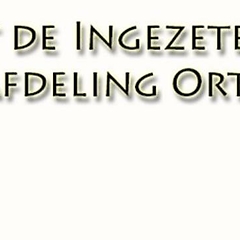Emancipation day / Keti Koti / Dia di Emancipacion di sclavitud / Dia di Emansipashon the commemoration of the victims of transatlantic slavery in Suriname and the Caribbean part of the Kingdom and the celebration of the legal abolition of slavery.
Keti Koti consists of four components, namely:
- The Memre waka (remembrance walk).
- Keti Koti lecture on specific aspects of the slavery past and its repercussions and, in August, the Tula memorial concert.
- Kabra neti (evening for the ancestors); prior to the commemoration and celebration on July 1, in honour of the ancestors, is a spiritual evening with prayer, singing, games from the slave era, storytelling and dancing in traditional costumes.
- National Commemoration and Celebration on July 1 in Amsterdam.
The commemoration will include speeches, traditional libations, singing, two minutes of silence, playing the tattoo and hoisting the Dutch and Surinamese flags as well as those of the six Caribbean islands. Wreath-laying will then take place by the Dutch and Surinamese governments, representatives of the islands as well as interested Afro-Caribbean organisations and other institutions.
The celebration will take place through music, song and dance performances on three stages as well as debates, lectures, and a culinary fair. Some 20 other municipalities also actively commemorate and celebrate Keti Koti. More and more municipalities are joining in. As part of Keti Koti, activities such as exhibitions, lectures and debates, educational tours and theatre performances also take place, year-round.



